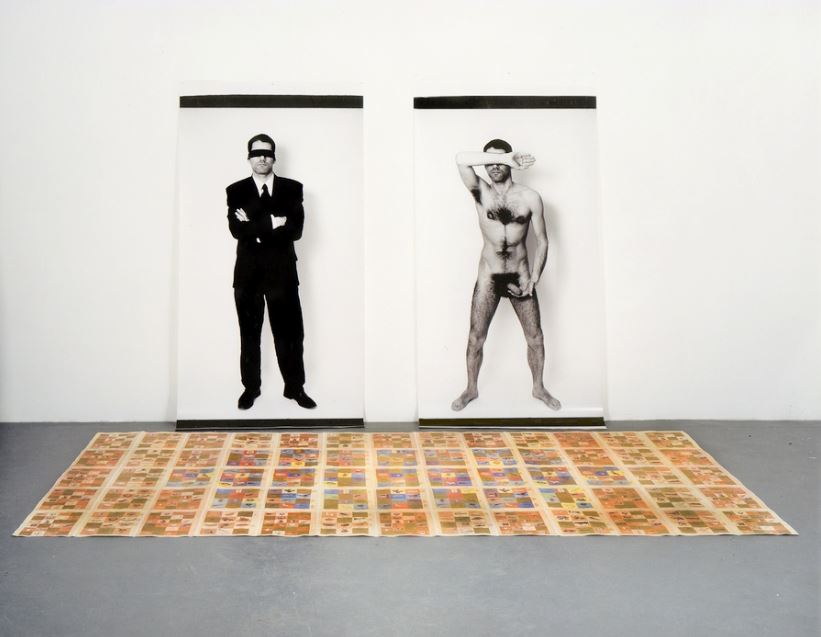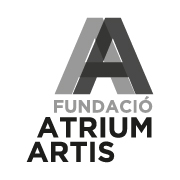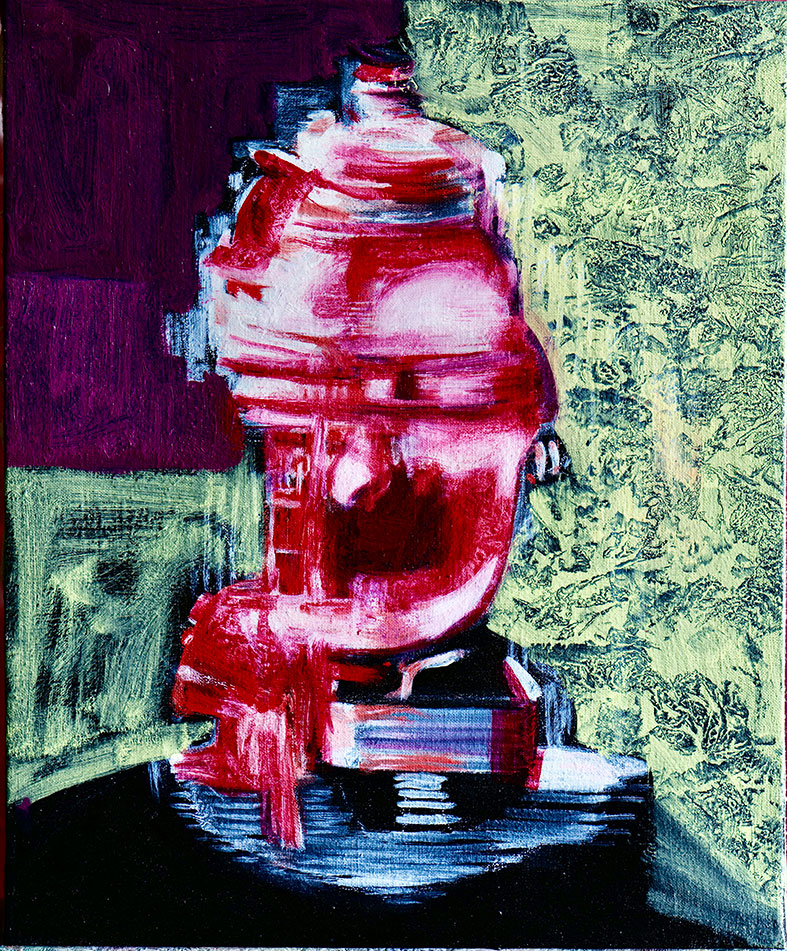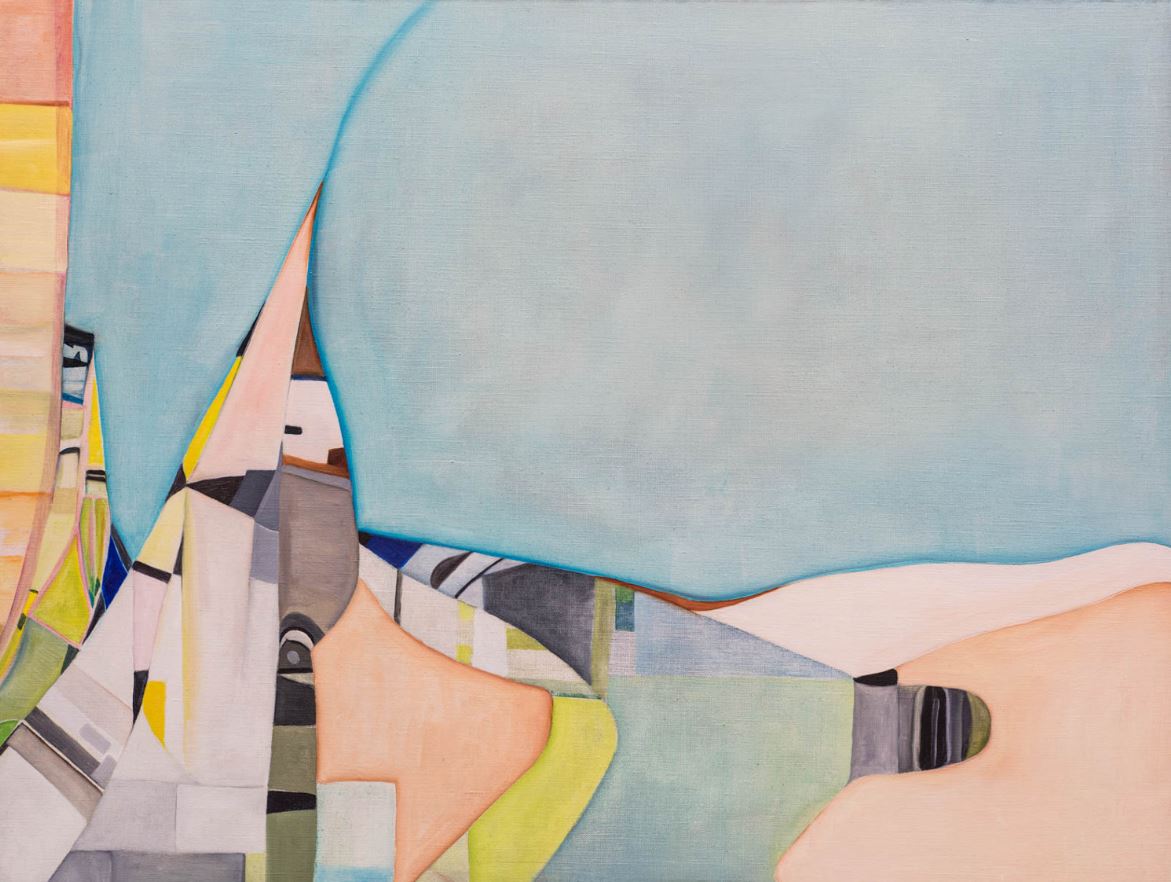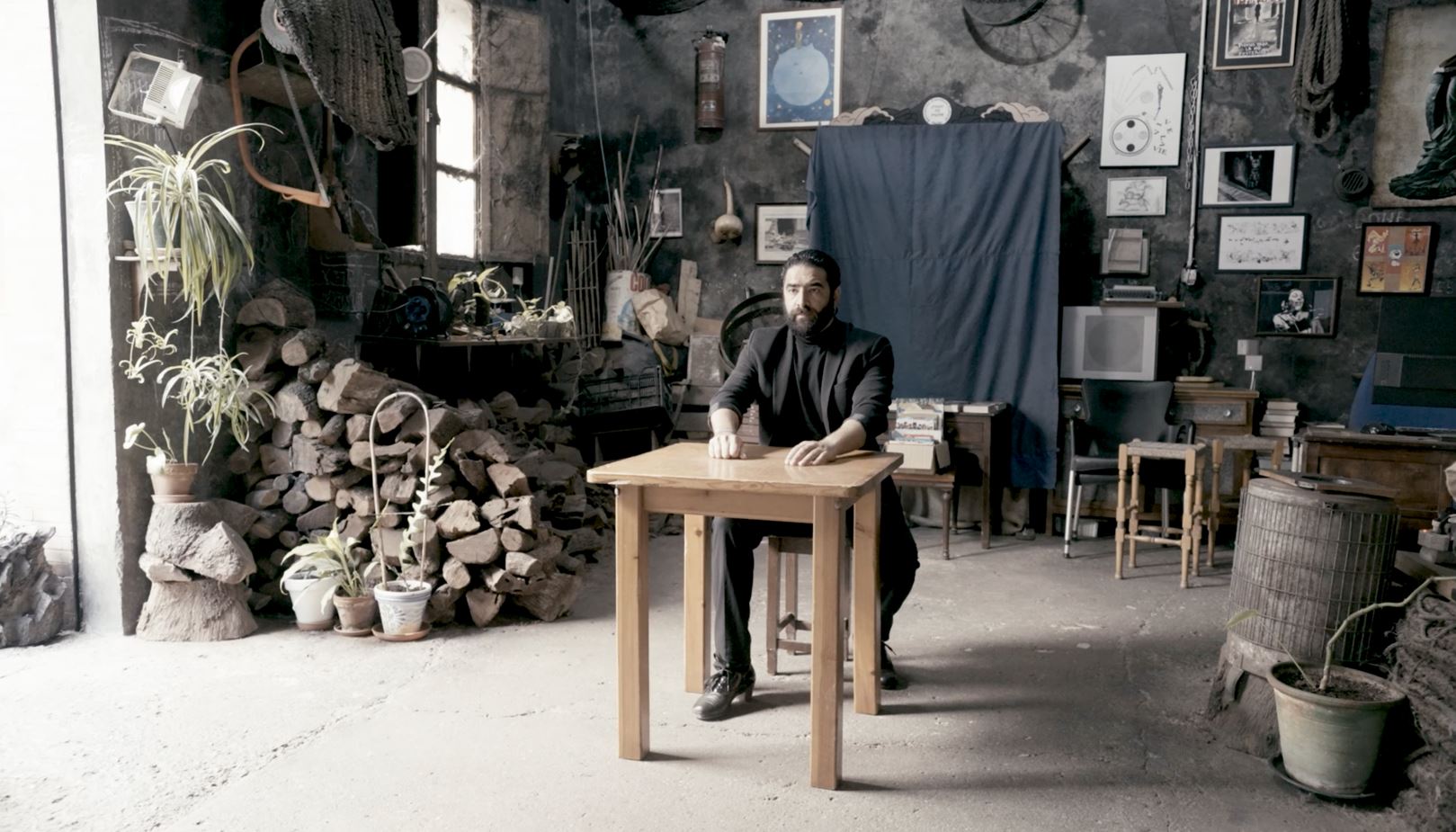Exhibitions
Claudio Goulart: 'Gladiators of the future'
An exhibition that explores the tensions between identity, politics and territory, through works that question the limits of art.
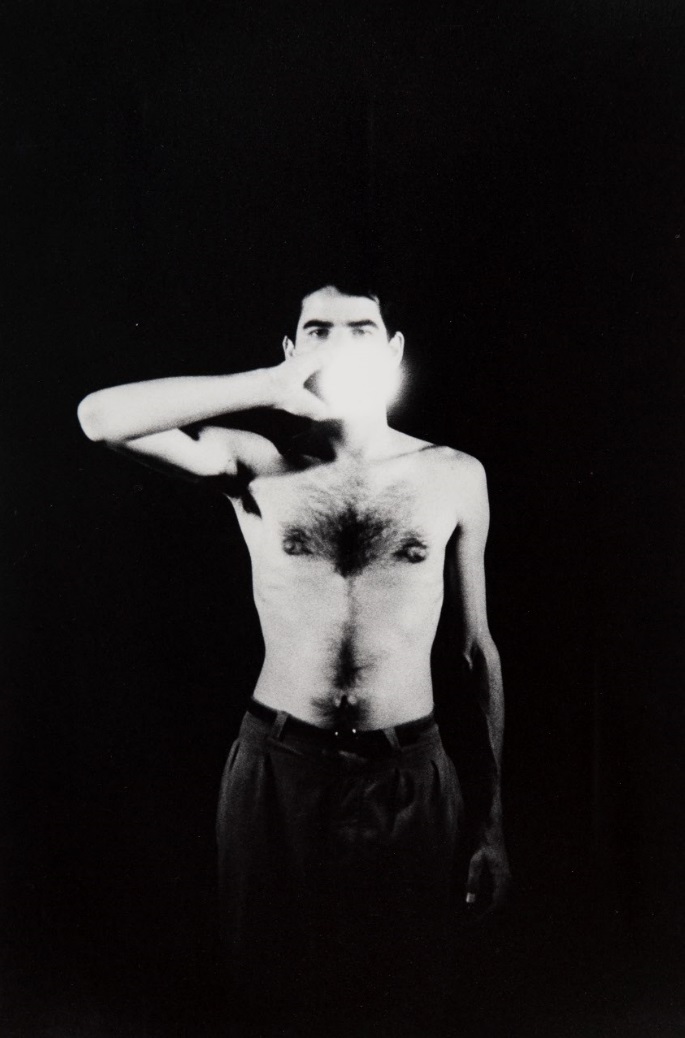
Claudio Goulart is an artist who knew how to embody the tensions and transformations of his time through a multidisciplinary and committed work. Now, his critical gaze and innovative approach arrive at the Zielinsky gallery with the exhibition 'Gladiators of the Future', as part of the Barcelona Gallery Weekend.
Born in Brazil and resident in the Netherlands, Goulart was a multifaceted artist who embraced performance, video art, photography and postal art as means to challenge the boundaries of art and history. In Amsterdam, he found a fertile environment to develop his practice, collaborating with figures such as Flavio Pons, Ulises Carrión and Vera Chaves Barcellos. Despite these influences, Goulart distinguished himself by his own voice, generating discourses that resonate strongly in contemporary artistic practices.
The 'Gladiators of the Future' exhibition opens today, September 19, and can be visited until November 12. Through a selection of works that do not follow a chronological sequence, but gather around the themes that marked his career: the body, both of the artist and of cities; politics, with post-colonialism and identities at the center; and time, a constant in his work. In its creation, the body is not only an object of representation, but a territory of resistance and transformation.
Throughout his career, Goulart addressed issues crucial to understanding the contemporary world, such as tensions between the global North and South, the hegemony of the media and stereotypes constructed from a post-colonial perspective.
From the nineties, his work acquired a more political dimension, influenced by the HIV/AIDS crisis. The poetics of the body and identity became central axes of his production, offering a reflection on the power of personal and collective reconstruction in the face of oppression.
